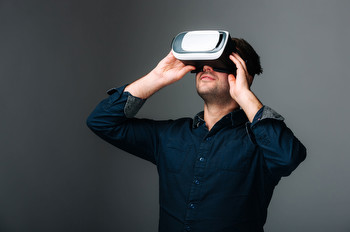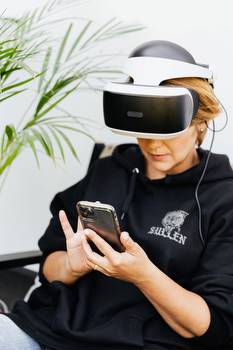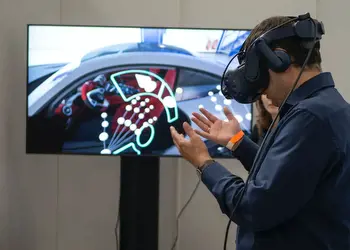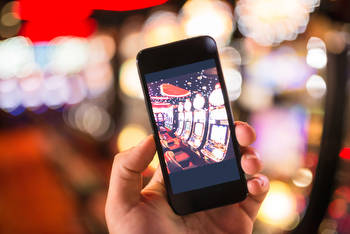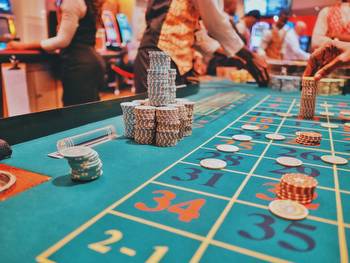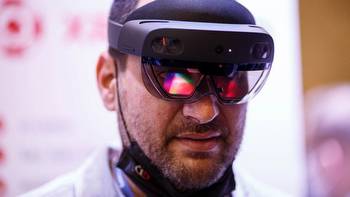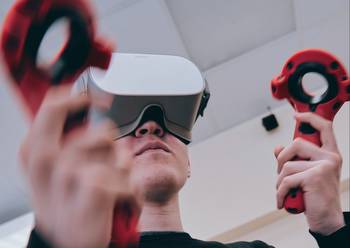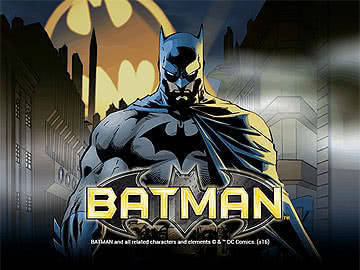Virtual reality: how demand for immersive experiences is driving forward iGaming
The igaming industry specialist shares promising projections for VR gaming and outlines available and upcoming features in the market. He also delves into the type of gaming operators that can use this technology and the licensing topic. Virtual reality is the application of 3D graphics to a digital environment to simulate a real, or fantasy situation.
The online gambling industry is witnessing a period of fast growth. Mobile gambling is the most popular and lucrative sector. The market value of VR gaming is expected to double in the next three years. VR gambling wagers could increase 800% by 2024. The only thing holding back avid VR gamblers is expense of the VR equipment. It will be limited to smartphone-compatible VR hardware. There will also be more non-gambling video games. They are expected in total to reach $20.9 billion by the end of 2025.
As technology is advancing, we are seeing fully immersive VR experiences. With VR goggles, you can enter a virtual casino and play table games. In the future, users will be able to customise their gambling environment. They will touch, smell, see and hear everything as if they were there.
Virtual reality is in demand with online casino and slot operators. It could be used for gambling in general. It's already used in the gaming industry. Users could view the tournament in real-time while placing bets via VR.
Currently, there are no additional licensing requirements for operators that want to incorporate VR into their business model. There may be cases where the operator needs to notify the licensing authority that they are offering VR. The figures and predictions show that VR and online gambling are both big growth segments.








